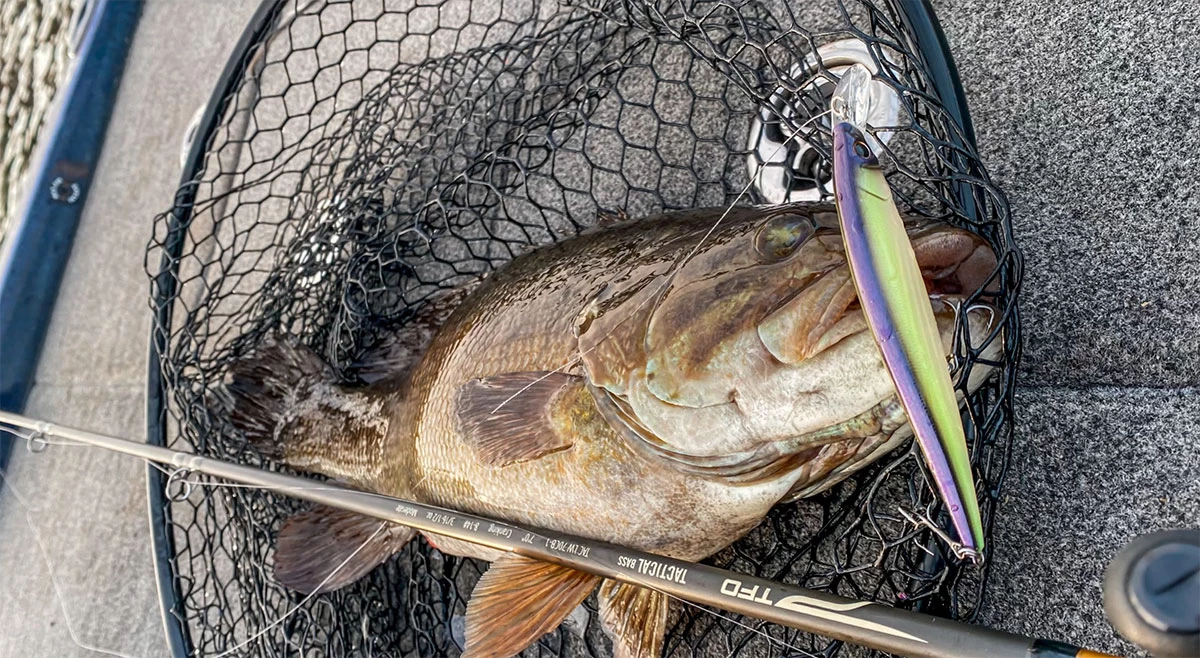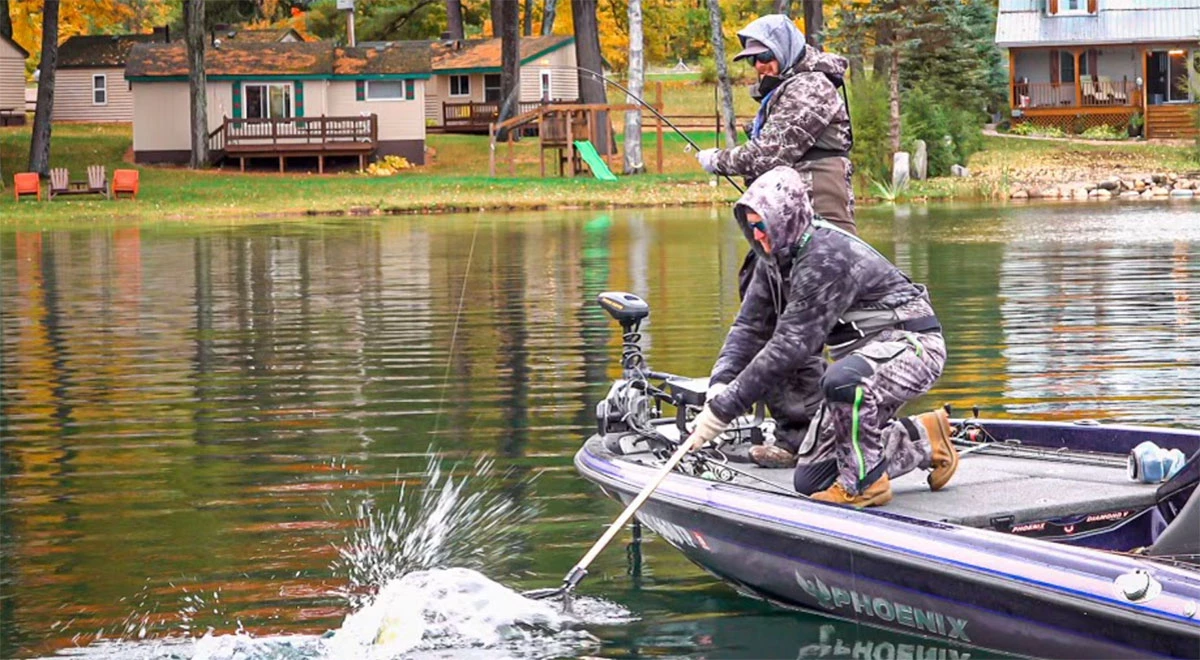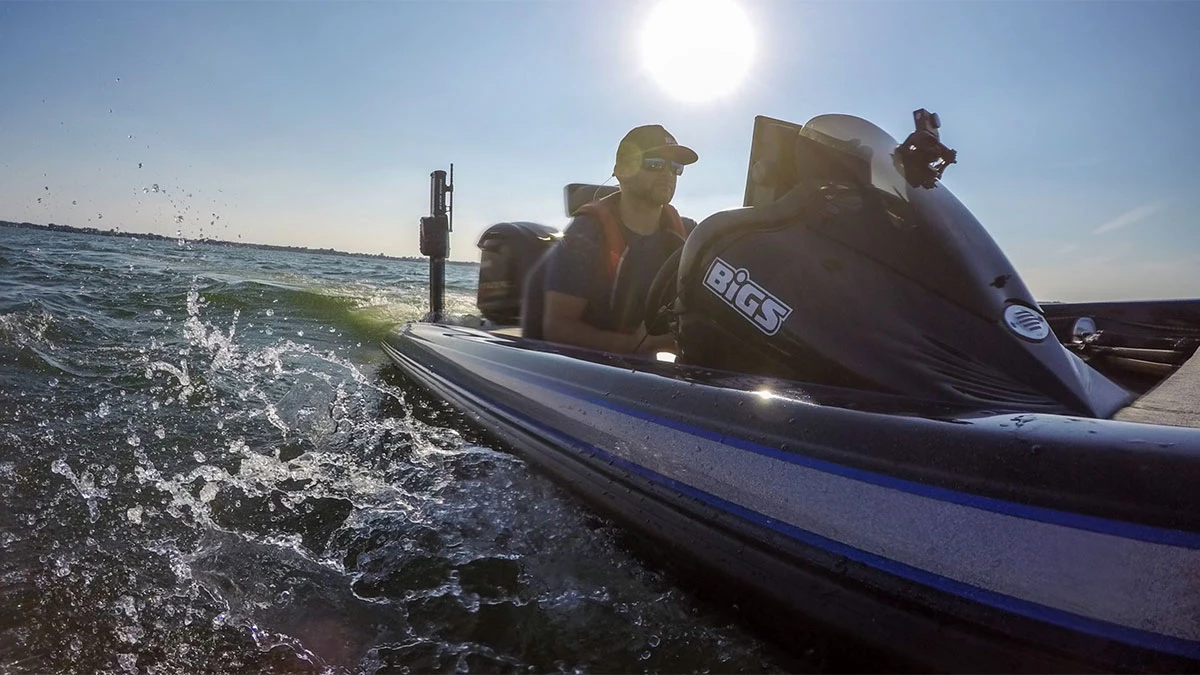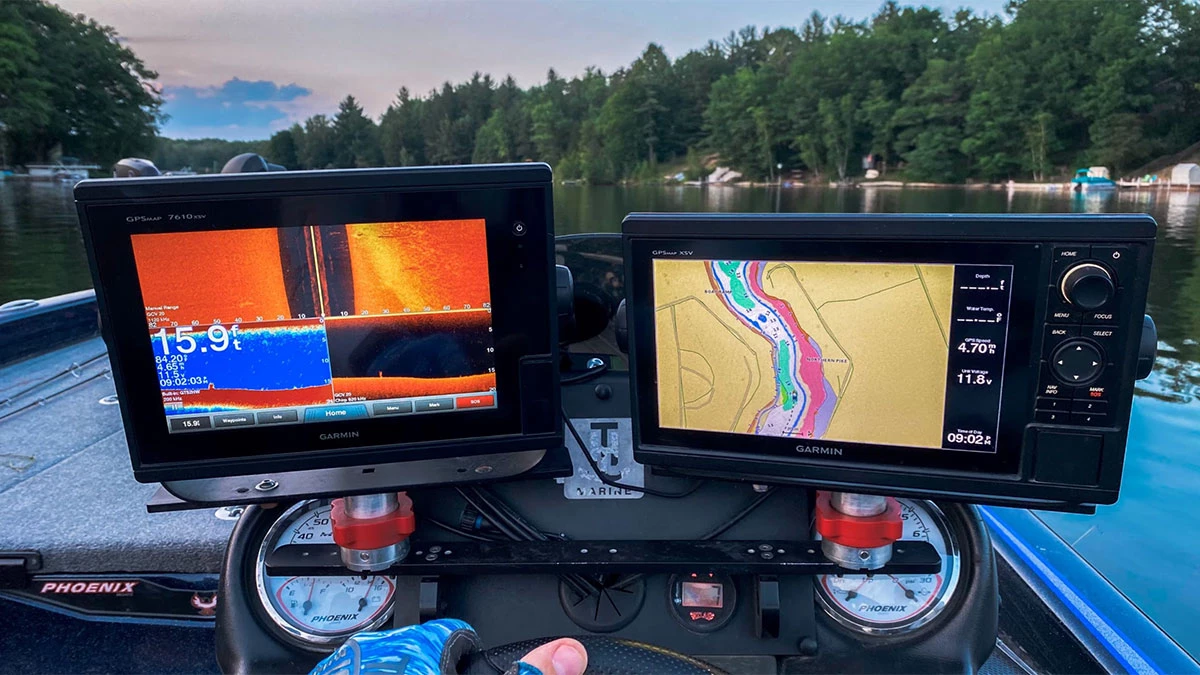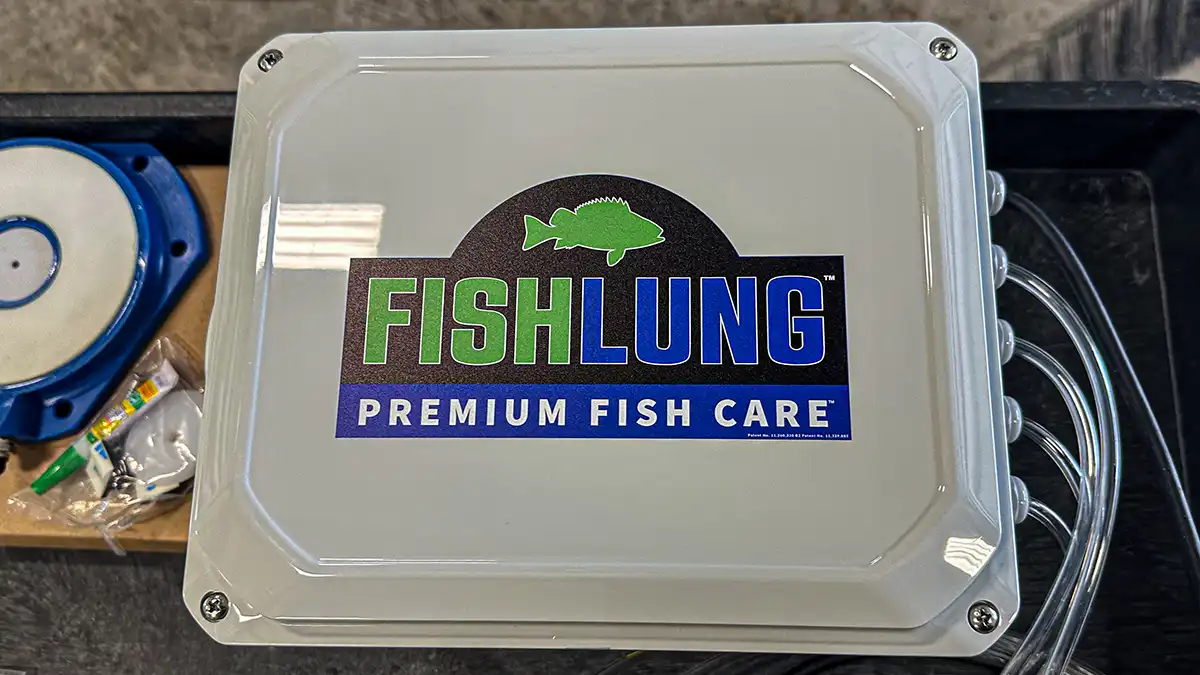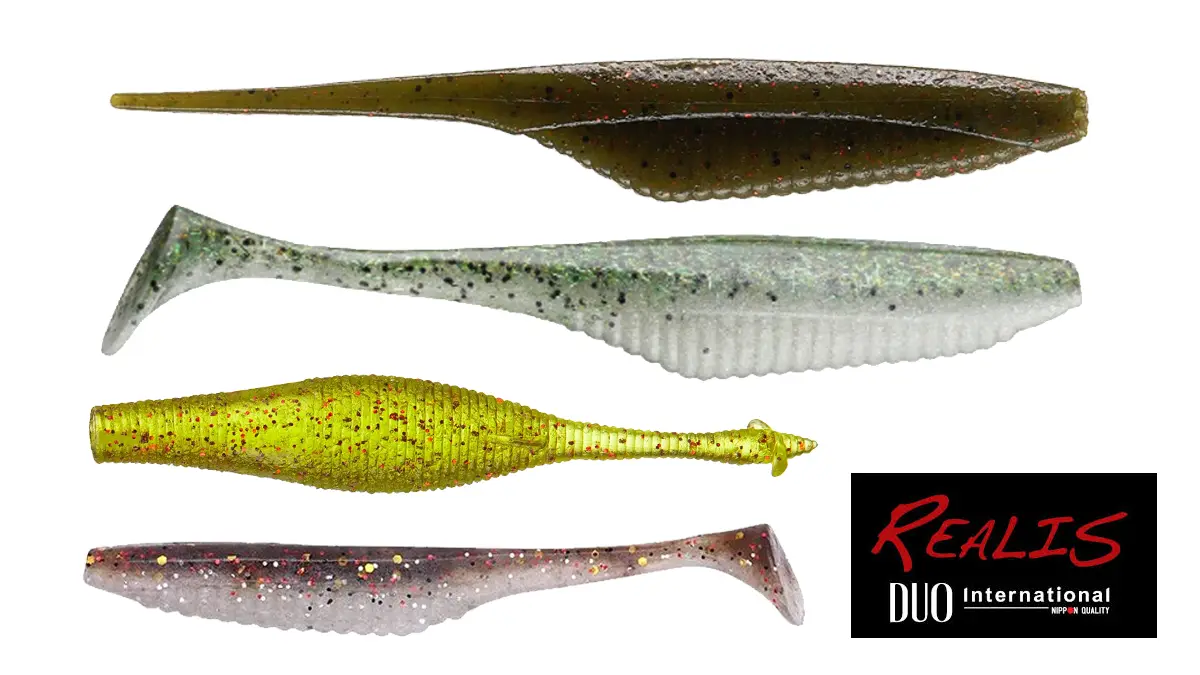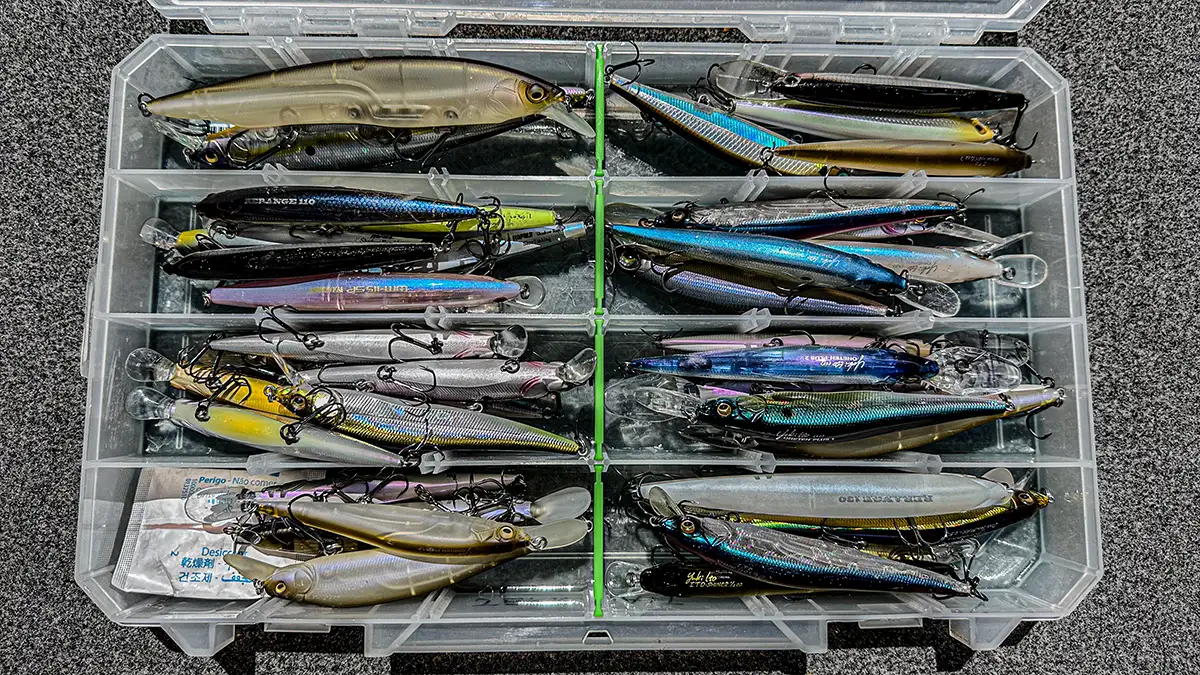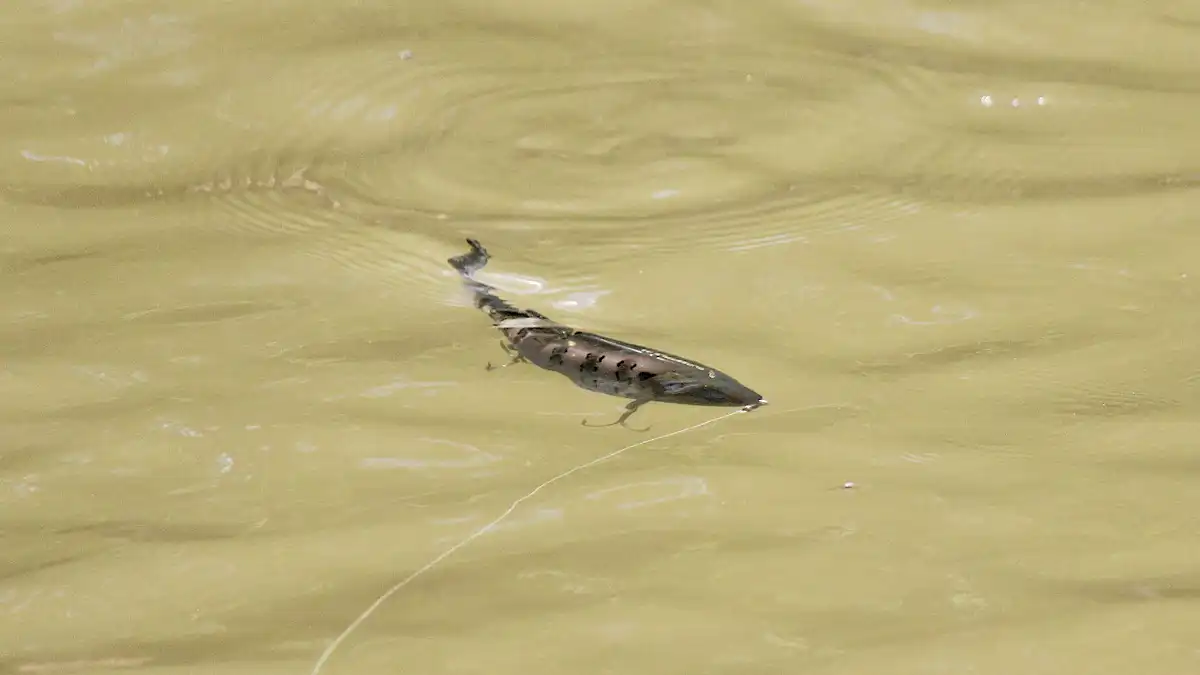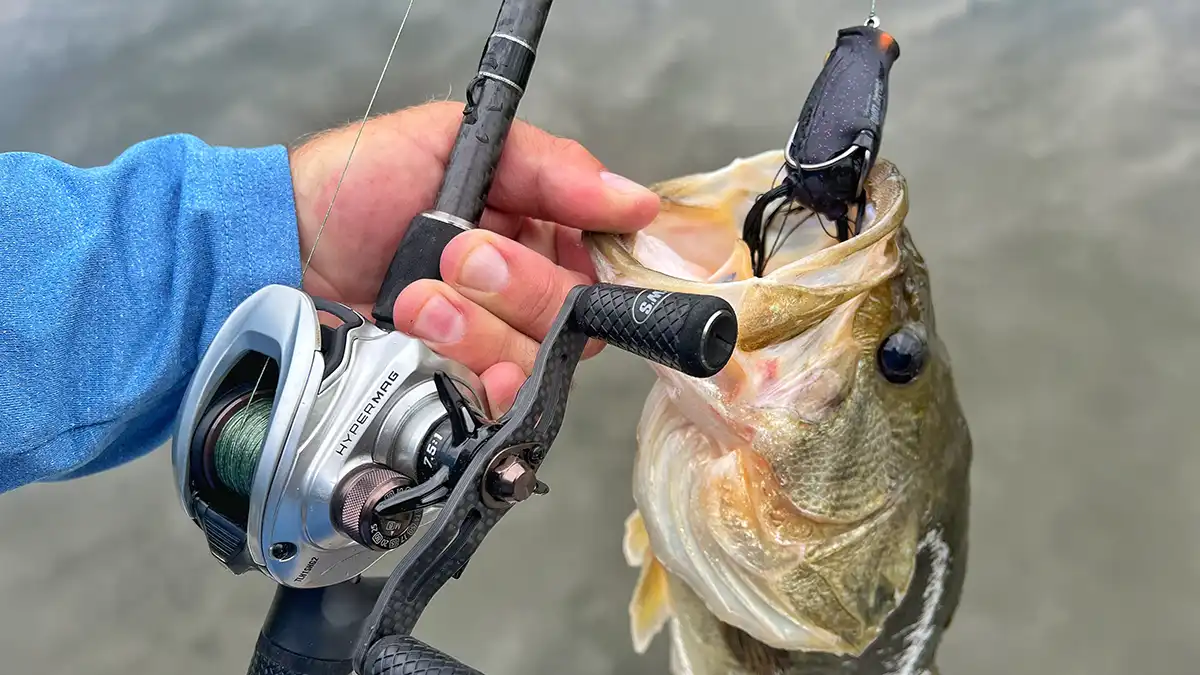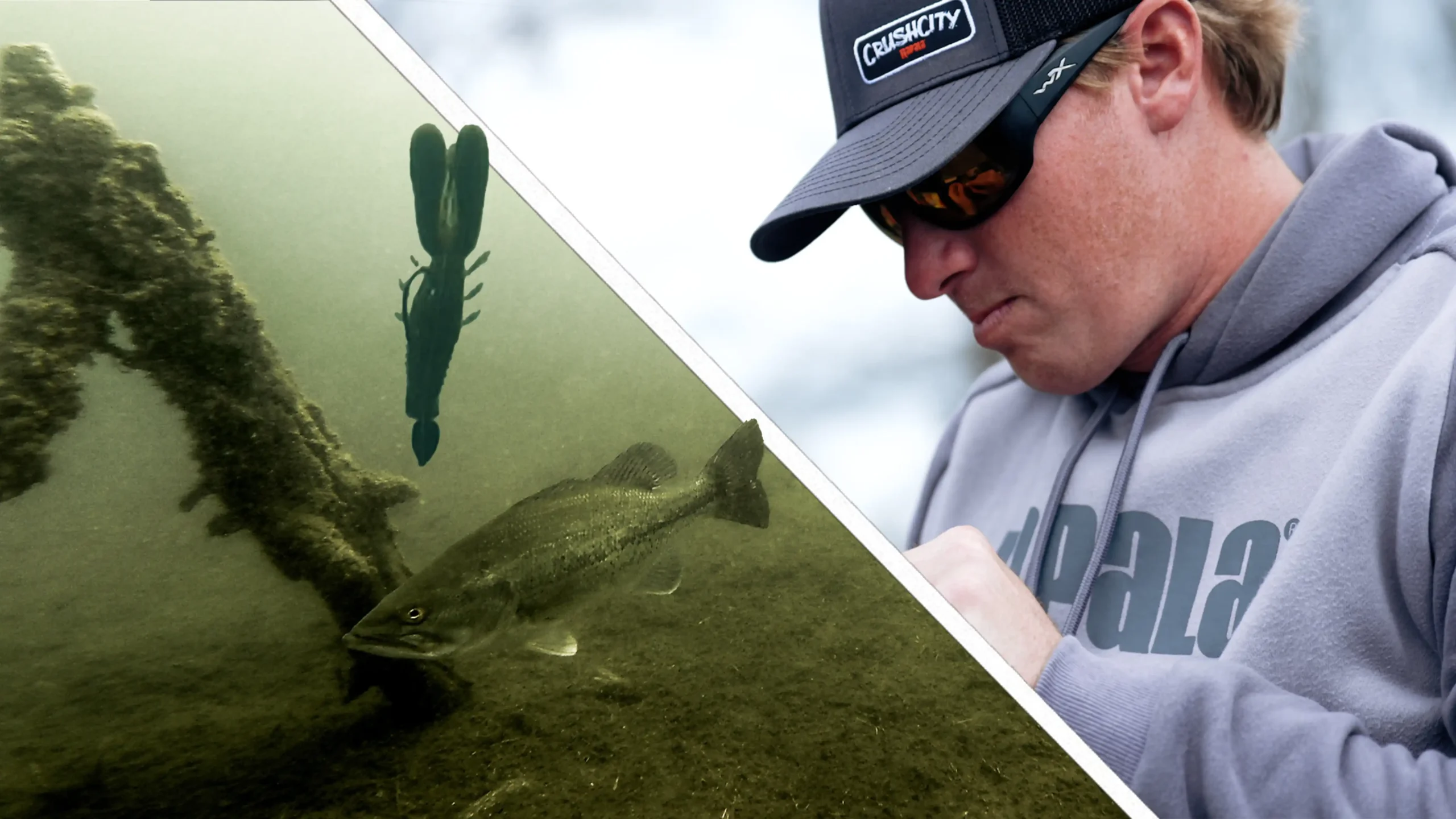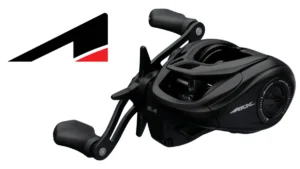Forward-facing sonar has completely revolutionized the bass fishing industry and changed how the game is played and will be played for the foreseeable future. That’s an obvious statement whether you’re a fan of the technology and the hard, cold reality if you’re not.
We’re not here to take a stance on whether or not this technology should exist; we’re just trying to figure out how to catch fish in a world where it does. And as it turns out, not using this sonar may be advantageous at times.
Today we’re going to look at three instances where it might be better to go without forward-facing sonar.
The expert
Smallmouth hammer Benjamin Nowak of Midland, Michigan was one of the first anglers to really see the benefits of this newfangled technology back in 2015. In an industry that’s inundated with “game changers” every year, the Garmin Panoptix he installed on his boat some 7 or 8 years ago turned that cliché into a literal fact.
“There are so many benefits to it,” said Nowak. “Beyond just seeing fish, but being able to identify composition changes and even changes in different types of grass.”
Nearly a decade later, with several advancements in the technology and all the big players in the electronics market plowing full-steam ahead, a large chunk of the anglers on the water have some form of forward-facing sonar.
Due in part to this explosion in the availability and use of such products, in Nowak’s opinion, turning them off may be the best way to get bit given certain situations.
“Really there are probably three times forward facing sonar is taking away from your ability to catch fish.”
Fishing visible cover or structure
“If I’m fishing things I can see and that’s my predominant pattern, I won’t have forward facing on,” Nowak said.
In these instances, Nowak doesn’t need the sonar to locate his targets and he believes the ping sent out by the transducer alerts the fish to his presence. And so, he’ll shut off his forward-facing sonar.
“Those fish have to feel it,” Nowak said. “So the more times I can turn that thing off and still fish effectively, the better I’m going to be and the more fish I’m going to catch. It may cost me a few fish that are suspended but at that point, I don’t even need to catch those.”
Fishing the famed smallmouth fisheries of the North, Nowak has 10 to 20 feet of visibility at times and is able to visually locate the dark spots, rock veins and other cover the smallmouth there are relating to. So the sonar is a bit of a redundancy.
“If I can have less pressure on those fish, I’m turning off the electronics,” Nowak said. “Especially with the structure thing. If I can see a dark spot in the water and that’s my pattern or I know they’re on turns that I can physically see with my eyes, it’s better for me not to let the fish know that I’m there with the sonar.
“It might cost me some bites too, right? But I also have to be okay with not being able to “‘Scope” suspended fish. But at the same time, it’s gaining me so many bites in those instances that it’s worth it.”
High-pressure situations
“If I’m fishing ultra-pressured bodies of water and I have a pattern going on, I’ll turn it of a lot of the times,” Nowak said.
He recounted a particular time this past spring when this happened. He was fishing a communal area of Lake St. Clair with several other boats, all of which had their forward-facing sonars running.
“We all knew what we were fishing; it’s not like we were ‘Scoping these fish and it’s not like were fishing non-community hole areas,” Nowak said. “We were all fishing these giants rock flats.”
Nowak decided to go blind for a bit and try turning his sonar off while around all these other boats that had theirs going and see if it really did make a difference.
“I was able to start picking up more fish and bigger fish than the guys around me. I believe it’s because the fish I was catching weren’t being shot at with the sonar.
“All those other guys had their sonar going. They were trying to ‘Scope fish and be right on the money or constantly make the perfect cast. For me, turning that sonar off just helped me get bites.”
Fish on bottom
“If the fish are really locked in tight to the bottom, I actually don’t use it,” Nowak said. “I use 2D sonar a lot. With 2D sonar you can detect bottom composition changes really effectively.”
Nowak has found that when fish are close to the bottom, he’s unable to see them on his forward-facing sonar. They blend in with the bottom on the graph and the sonar is again a detriment to what he’s trying to do because of the noise it’s creating.
“You could do the same thing for ledge fishing and I’d argue some guys probably are,” Nowak said. “They’re turning it off when they’re trying to fish a ledge. If you know where your ledge is at, you don’t need to have your forward-facing burning those fish.”
In conclusion
“A lot of guys think forward-facing sonar is the end-all, be-all and it’s going to help everyone catch more fish,” Nowak said. “I think it will, but I also think there are times where turning it off is going to help those fish bite your bait longer and better than if you’re pinging them with your sonar.”
Nowak believes the importance of forward-facing sonar is not felt so much in directly aiding in each individual fish catch now, but what the technology has taught us over time.
“I think you’re seeing big fish caught because of Livescope, but I don’t think that’s the only reason you’re seeing them caught,” Nowak said. “I think you’re seeing them being caught because we’re understanding where those fish live more effectively and we’re understanding how they’re reacting to our baits differently.”
It’s about learning from the technology for Nowak, over time, more than it is about relying on seeing every fish on the screen and trying to watch it eat the bait.
“Once you learn the area and you learn why they’re set up there, I know for sure I’m catching bigger fish when I turn my sonar off and I’m able to fish without it.”



